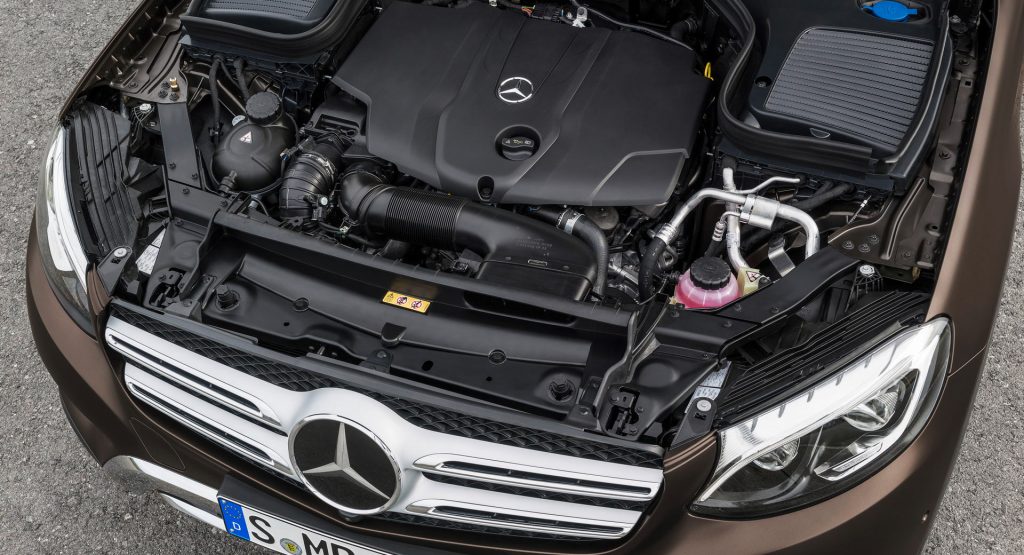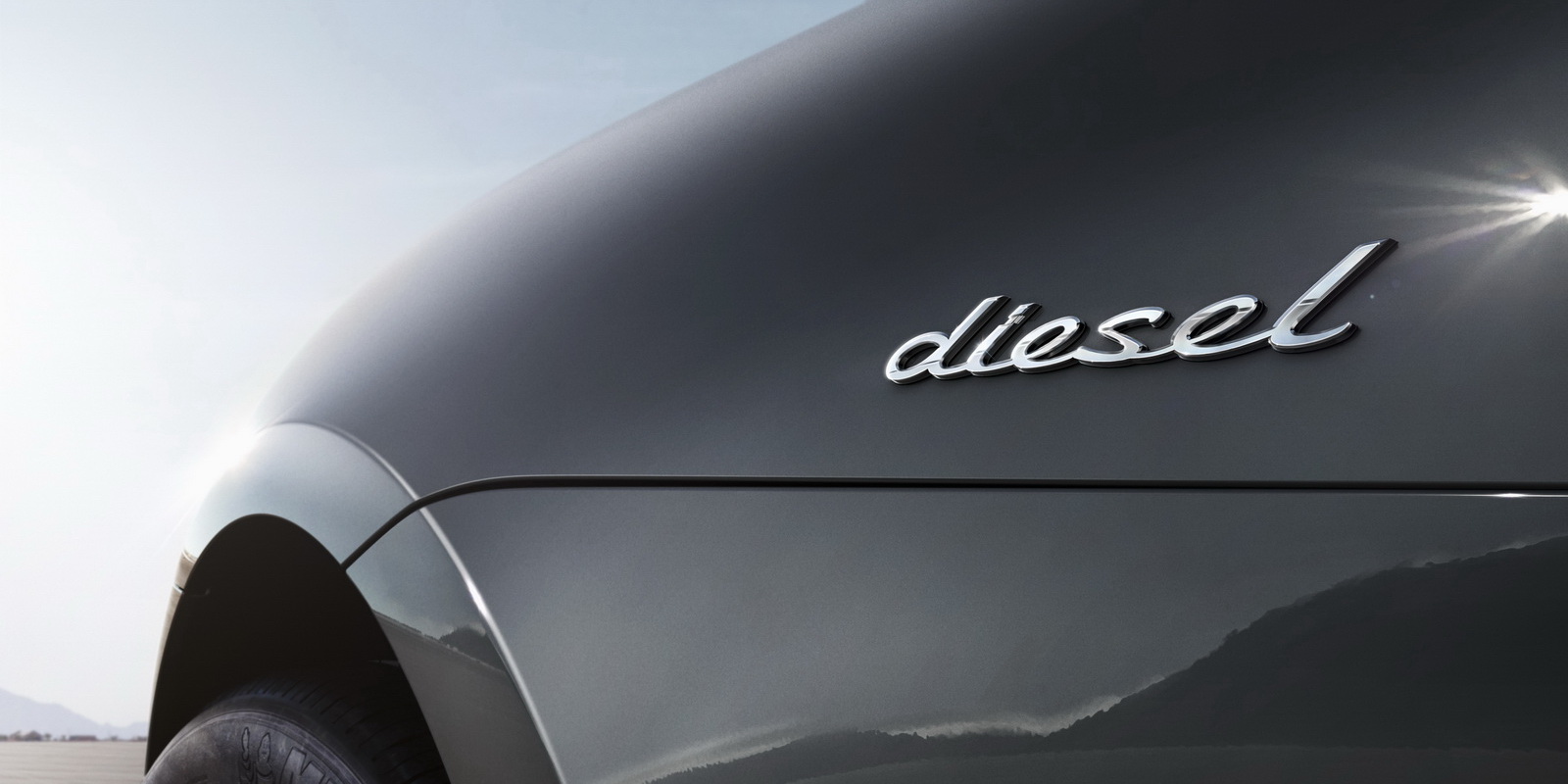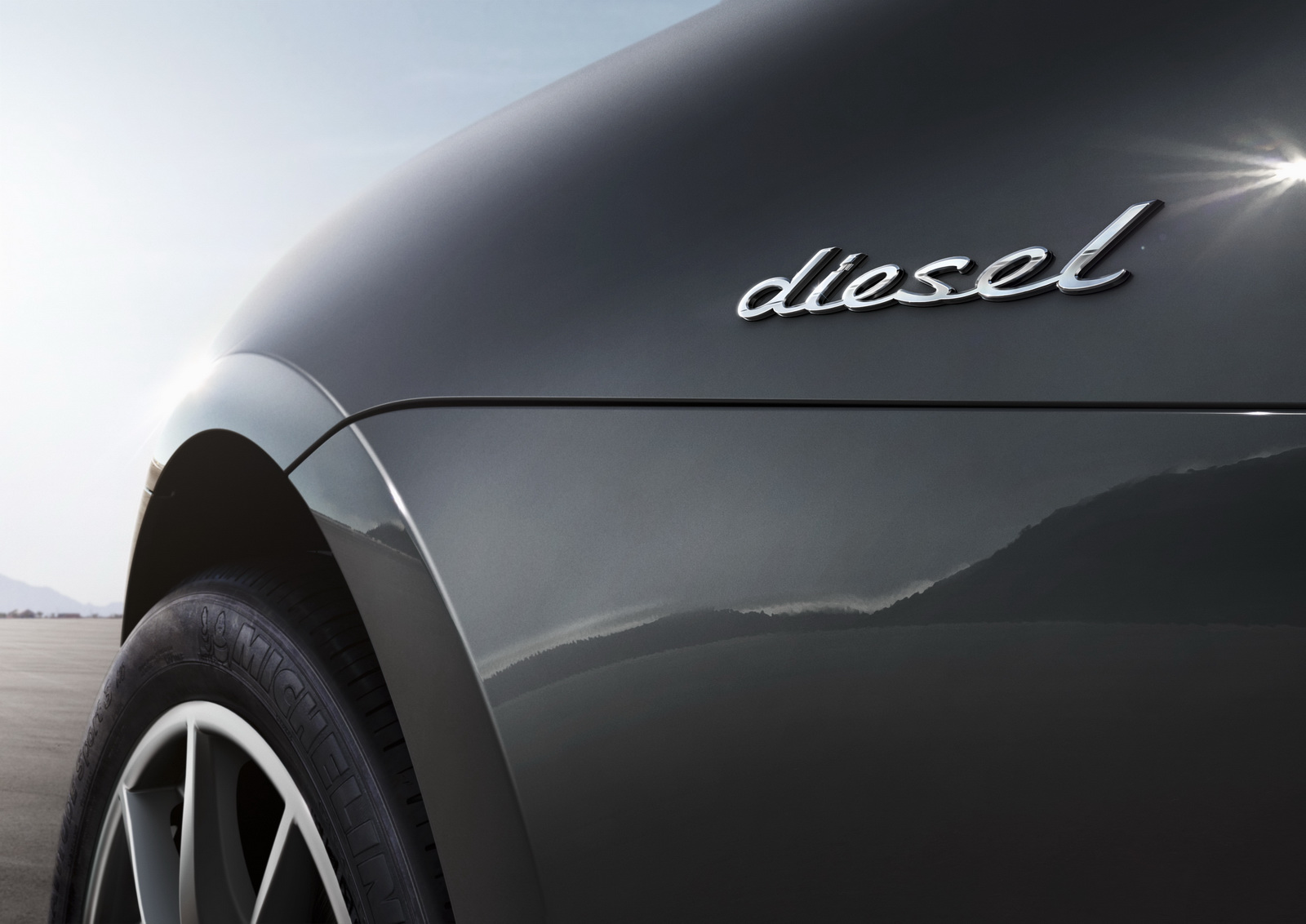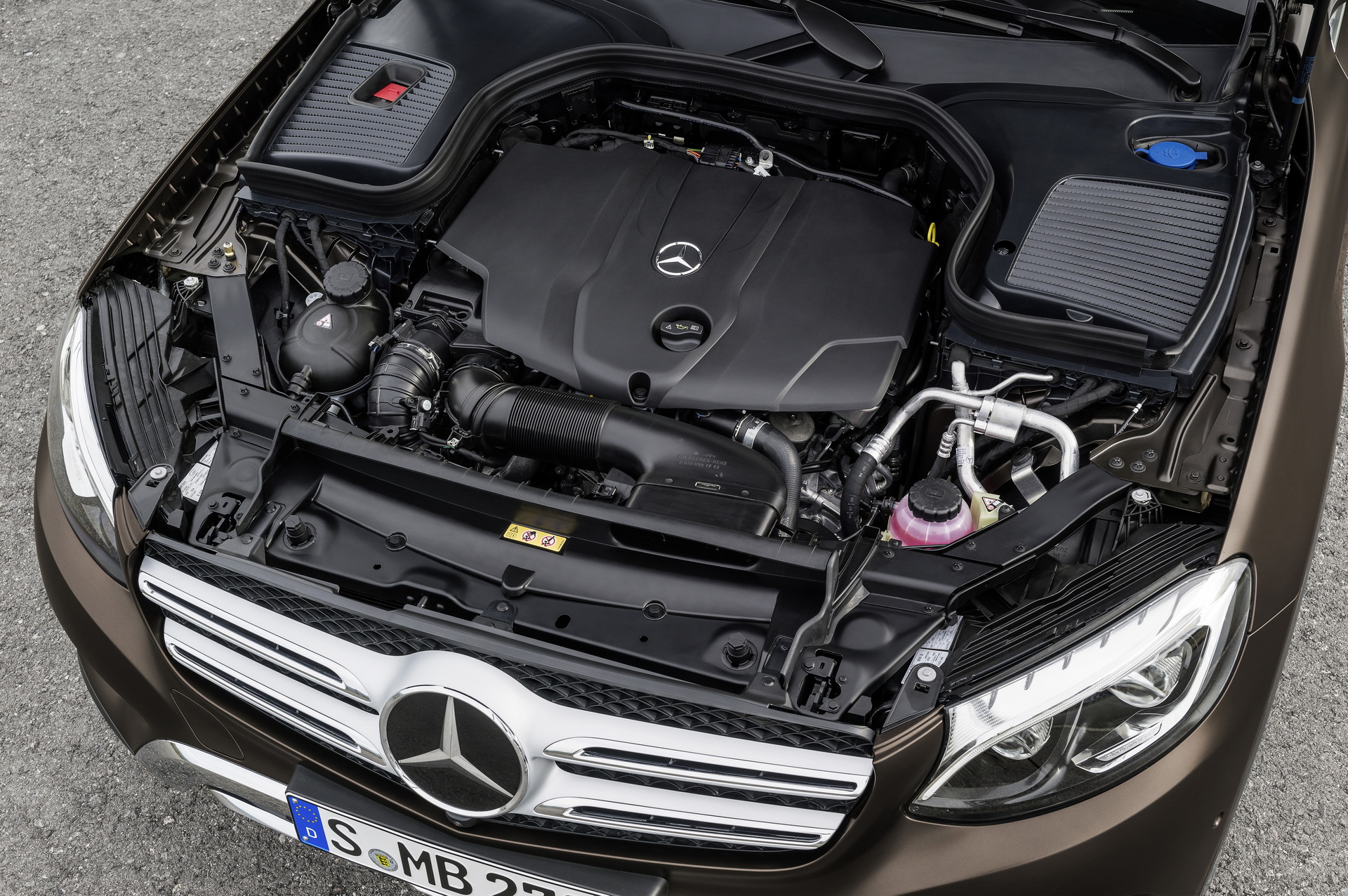South Korea’s Ministry of Environment will issue fines and file criminal complaints against Mercedes, Nissan and Porsche, after finding a multitude of diesel-powered vehicles (14 nameplates in total) equipped with illegal software.
The vehicles, sold between 2012 and 2018, will have their certification revoked within this month, before being issued a recall notice, as per The Korea Herald.
The biggest fine will be administered to Mercedes-Benz Korea, to the tune of 77.6 billion won (the equivalent of $63.4 million), while Porsche Korea and Nissan Korea will be fined 1 billion won ($817,300) and 900 million won ($735,600) respectively.
Related: Daimler Slapped With $1 Billion Fine In Germany Over Rigged Diesel Cars’ Emissions
Mercedes’ fine is the largest-ever imposed by the Korean government on automakers, completely eclipsing the 14.1 billion won ($11.5 million) Audi Volkswagen Korea had to pay back in November of 2015.
Among the 37,154 Mercedes models facing scrutiny are 12 different nameplates that include the likes of the C 200d, GLC 220 d 4MATIC, GLC 250 d 4MATIC and the ML 250 BlueTEC 4MATIC. Nissan’s fine relates to 2,293 units of the Qashqai featuring illicit software, while Porsche is said to have followed the same recipe with 934 units of the Macan S Diesel.
“The Ministry of Environment continues to toughen diesel car emissions standards to reduce fine dust caused by diesel cars and we plan to strictly review and manage illegal emissions fabrication,” said Keum Han-Seung, a ministry official.
However, Mercedes-Benz Korea issued a statement refuting the government’s findings, claiming:
“The reason we used the function in question is we have justifiable technological and legal grounds for its use,” adding that the government’s decision doesn’t affect any newer models.
Some of the Mercedes models tested were found to generate roughly 13 times more NOX than the standard limit of 0.08 g/km, while the Qashqai and the Macan generated 10 times and 1.5 times more than the standard, respectively.
As most of you know by now, the role played by these types of “defeat devices” is to let the car know when it is being tested, dropping the output of pollutants to levels far below those actually released in real driving conditions.







